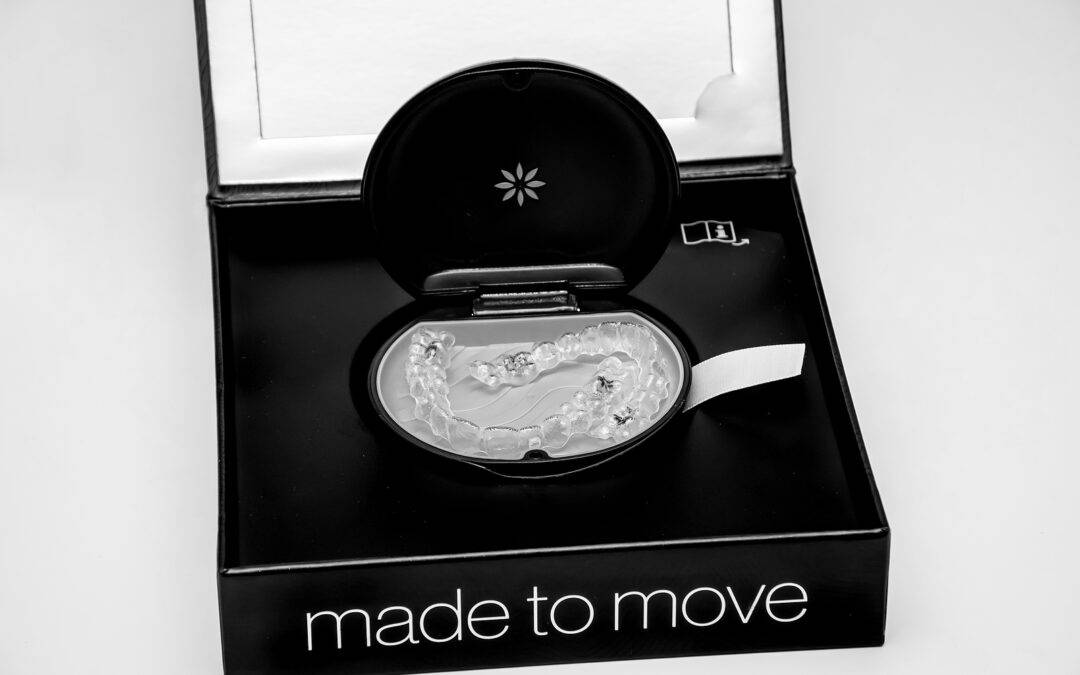Root Canal Treatment, also known as Endodontic Therapy, is a traditional dental procedure that aims to save an infected or damaged tooth. This procedure is often necessary to prevent the need for tooth extraction, which can be a more invasive and costly option to repair. Today, we’ll explore the role of root canal treatment in preventing tooth extraction and how this procedure can help you preserve your natural smile and maintain good oral health.
One of the leading causes of tooth infection and damage is decay, which occurs when bacteria in your mouth produce excessive amounts of acid that eats away at the tooth enamel. If you don’t treat the decay in time, it can progress to the tooth’s inner layers, forming an abscess or a pocket of pus. An abscess can cause severe pain, swelling, and difficulty swallowing or speaking. If left untreated, the infection can also spread to other body parts and cause serious health complications. So it’s essential to visit us as soon as you notice any signs of an infection.
What Are the Signs of a Tooth Infection That You Need to Look Out For?
- Severe tooth pain or sensitivity when eating or drinking something hot or cold. If your tooth is also sensitive to the touch, this could be a sign that it’s infected.
- Swollen and tender gums.
- Darkening of the tooth.
- Pus or drainage from the tooth.
- A persistent bad taste in your mouth.
What Is Root Canal Treatment and How Is It Performed?
Root canal treatment involves removing the infected or damaged tissue inside the tooth, known as the pulp. The pulp consists of nerves, blood vessels, and connective tissue that nourishes the tooth. When the pulp becomes infected or damaged, it can cause pain, swelling, and even an abscess (a pocket of pus).
To perform root canal treatment, our Endodontist, Dr Fida Tawil, will first numb the area around the tooth with a local anaesthetic. Next, Fida will make a small hole in the top of your tooth to access the pulp chamber. She will then extract the infected tissue from the pulp chamber and root canal systems using specialised instruments. Once the tissue has been removed, the root canal systems are cleaned and disinfected to remove all the infection. Root canal treatment usually takes multiple dental visits, so she may place a temporary filling to protect the tooth until you next see us.
Once the infection has cleared, Fida will remove the temporary filling and fill your tooth with a special material called “Gutta-percha “. Gutta-percha is used to prevent further infection inside of your tooth. She will then seal the tooth with a permanent filling to protect it from further damage. At other times, she may close the tooth with a crown for additional protection, especially if your tooth has darkened.
The Role of Root Canal Treatment in Preventing Tooth Extraction
There are several benefits to root canal treatment, including the ability to save a tooth that would otherwise need to be extracted.
First and foremost, root canal treatment is designed to remove the infected or damaged tissue from inside the tooth. By eliminating the source of the infection or damage, we can save the tooth, and you can return to normal function and comfort. Root canal treatment will also alleviate any pain or discomfort you may have been experiencing.
Root canal treatment can also prevent the spread of infection. If left untreated, an infected tooth can spread the infection to other teeth or even to other areas of the body. This way, we can preserve the health of your surrounding teeth to avoid multiple tooth extractions.
Another reason root canal treatment can be beneficial in preventing tooth extraction is that it can preserve the natural appearance of your smile. When we extract a tooth, it leaves a gap in your mouth that can affect the appearance of your smile and the alignment of the remaining teeth. Without the support of all your teeth, this can also cause complications for your jawbone. By saving a tooth with root canal treatment, you can maintain a natural-looking smile and avoid needing costly tooth replacement options, such as dental implants or bridges.
Talking of fees, root canal treatment can be more cost-effective than tooth extraction in the long run. While the initial cost of this procedure may be higher than extraction, the need for ongoing treatment or tooth replacement can be significantly more expensive. By preserving the natural tooth with root canal treatment, you can save money on future dental treatments and maintain good oral health.
Final Thoughts
Root canal treatment is crucial in preventing tooth extraction and preserving your natural smile. This procedure can alleviate pain, prevent the spread of infection, maintain the appearance of your natural teeth, and be more cost-effective in the long run. If you’re experiencing pain or discomfort in a tooth, it’s best to visit us as soon as possible to speak with one of our dentists. We can then determine the best treatment for your needs.
Are You Experiencing Severe Toothache, Sensitivity or Darkening of the Tooth? Contact Shields Dental & Orthodontic Clinic for Root Canal Treatment Near the Limerick, Roscrea & Blackrock Areas.
Our Endodontist, Dr Fida Tawil, devotes herself to delivering the finest care for her patients, allowing them to retain their natural smiles. She qualified with BDS from the Lebanese University in 2001, where she was a student of Pr. Ghassan Yared – one of the world’s leading Endodontists. She then completed her Master’s in Endodontics in 2004 from Saint Joseph University-Beirut.
To book a free consultation with our Treatment Coordinator, contact our friendly reception team online or by calling us at 061 539041. We can’t wait to meet you!
If you are an existing patient, you can book an appointment online.




